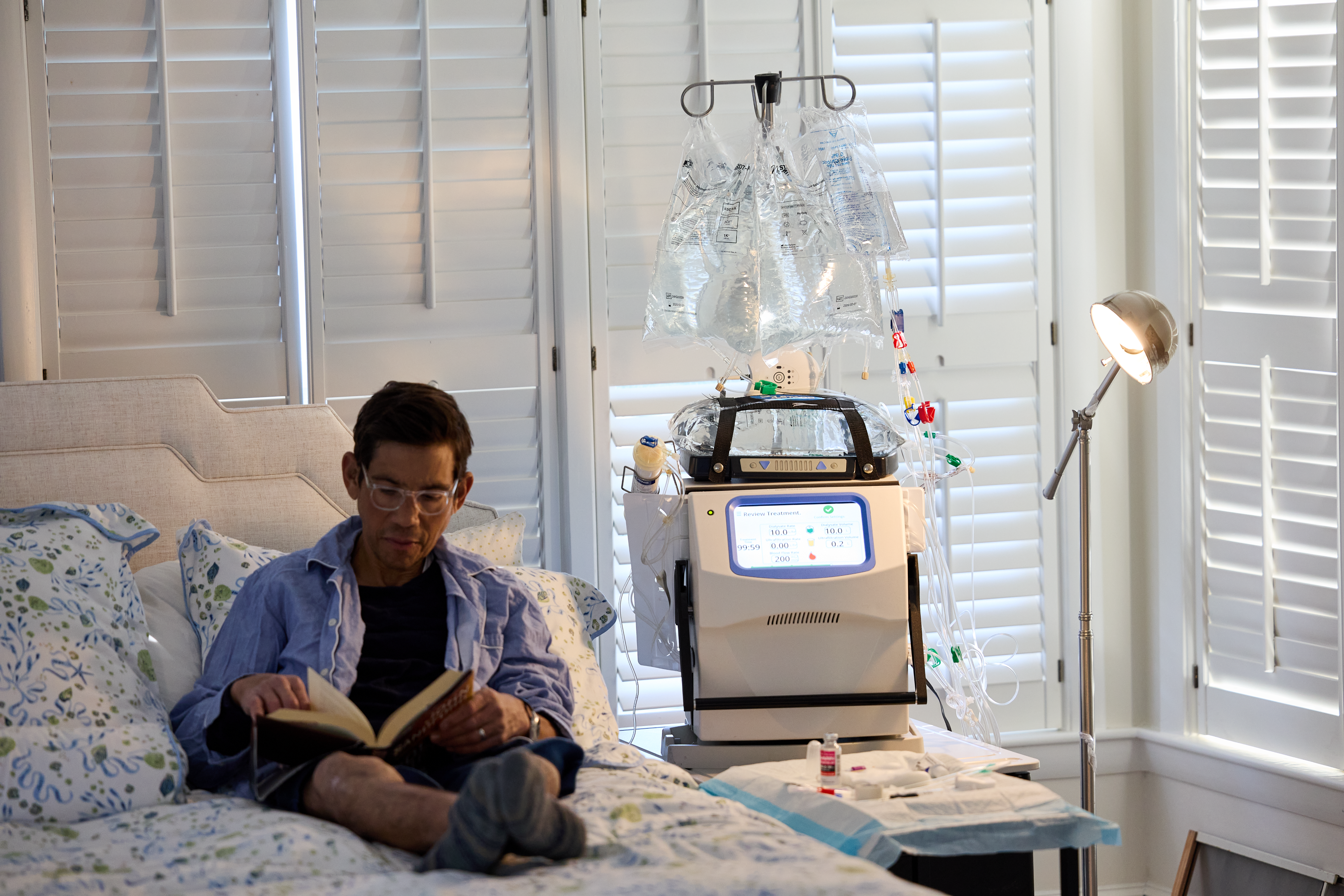2025 State Medigap Wins & 2026 Priorities
Elizabeth Lively, DPC Eastern Region Advocacy Director Pamela Zielske, DPC Western Region Advocacy Director DPC will continue to build on this momentum in the state Medigap arena in the 2026 legislative session. Our state advocacy directors are currently planning on advancing Medigap legislation in Georgia, Massachusetts, Michigan, Nebraska, Ohio, and Utah. How can you help? We are always looking for DPC Patient Ambassadors to share their stories by writing letters to legislators, testifying at committee hearings, and participating in Action Alerts that are emailed to our members. Building strong relationships with legislators through the legislative process [...]










